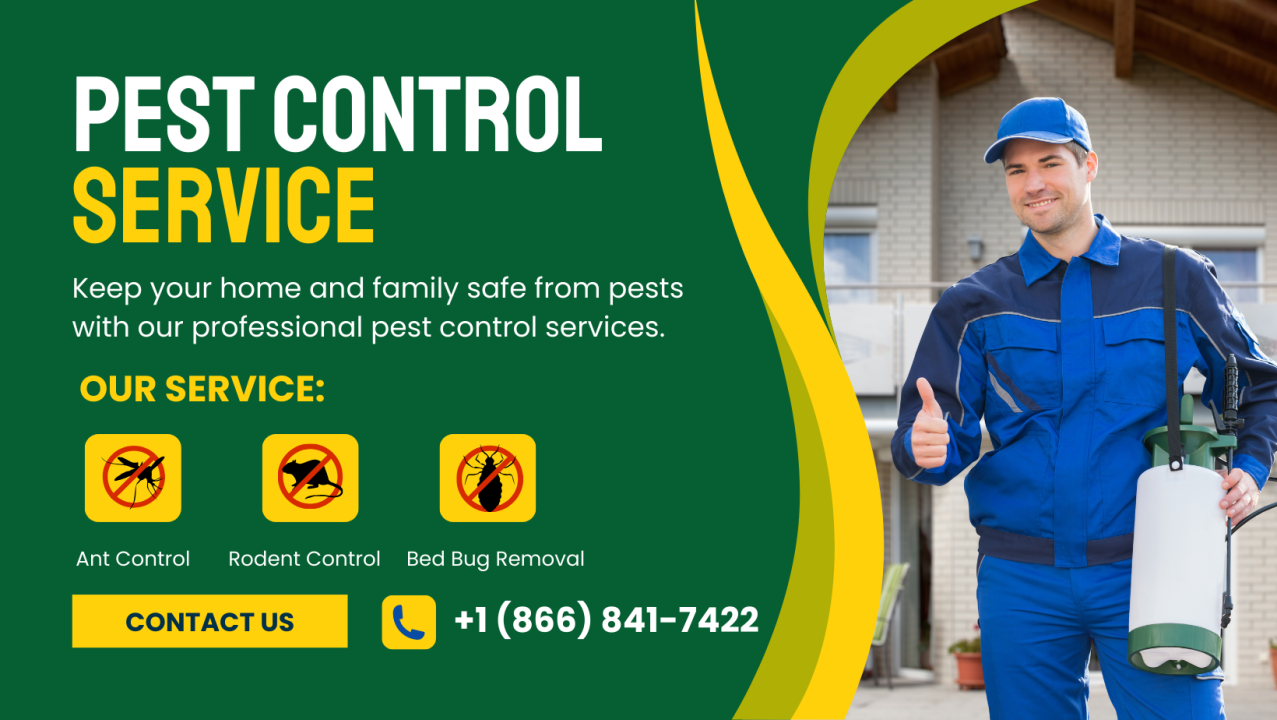Comprehending the Numerous Methods to Parasite Control: A Comprehensive Guide

Natural Bug Control Techniques
Utilizing eco-friendly techniques such as companion growing and organic parasite control is essential for effectively managing pests in agricultural settings. Companion planting involves growing different crops in proximity to deter pests, enhance nutrient uptake, and improve overall crop health. For example, growing marigolds along with tomatoes can assist push back nematodes. Intercropping maize with legumes can interfere with the reproduction patterns of insects like corn borers.
Organic insect control involves presenting natural predators or microorganisms to regulate pest populations. Ladybugs, for instance, feed upon aphids, controlling their numbers without the need for chemical pesticides. Another example is the use of Bacillus thuringiensis (Bt), a germs that targets particular insect bugs while being safe to people, animals, and valuable pests.
These environment-friendly techniques not only minimize the reliance on artificial chemicals but additionally help protect biodiversity and dirt health. By integrating all-natural insect control approaches into agricultural techniques, farmers can achieve sustainable bug monitoring while reducing unfavorable influences on the environment.

Chemical Parasite Control Solutions
In addition to natural insect control techniques, the application of chemical parasite control solutions plays a considerable function in successfully taking care of pest populaces in farming environments. Chemical pest control services are developed to target certain bugs that might create considerable damages to plants. These remedies often contain synthetic pesticides that are designed to eradicate pests quickly and efficiently.
One of the key benefits of chemical parasite control remedies is their performance in regulating bug invasions on a big scale. Farmers can apply these solutions making use of numerous approaches such as spraying, fumigation, or seed treatment to protect their plants from harmful insects, weeds, and conditions. In addition, chemical parasite control options are fairly simple to apply and can provide rapid outcomes, assisting farmers protect their yields and minimize financial losses.
Nevertheless, it is important to utilize chemical insect control solutions carefully to reduce potential adverse effect on the atmosphere, non-target organisms, and human wellness. Appropriate application techniques, adherence to security guidelines, and regular surveillance are vital to make sure the responsible use of chemical insect control solutions in farming techniques.
Organic Bug Control Approaches
Biological bug control comes close to take advantage of all-natural killers or microorganisms to take care of pest populaces in farming settings successfully. One common biological control technique is the introduction of natural adversaries, such as ladybugs or parasitic wasps, to target details insects.
An additional organic control technique entails making use of microorganisms like fungi, viruses, or bacteria to infect and eliminate pests. These microbial agents can be sprayed on crops or introduced right into the soil to combat different bugs without harming helpful pests or other wild animals. In addition, making use of pheromones to interrupt the mating patterns of parasites is another effective biological control strategy. By disrupting their reproduction, this technique assists to minimize bug populaces without the requirement for chemical intervention. On the whole, organic parasite control methods provide a lasting and targeted solution to pest monitoring in farming.
Integrated Pest Monitoring (IPM)
Integrated Bug Management (IPM) is a thorough technique that integrates numerous parasite control approaches to properly manage and minimize pest populations in agricultural systems. IPM concentrates on long-lasting avoidance of special info bugs via a combination of organic, social, physical, and chemical control techniques. By incorporating these different strategies, IPM intends to minimize dependence on chemical pesticides, lessen ecological effect, and promote sustainable insect administration methods.
One secret element of IPM is making use of organic controls such as all-natural killers, bloodsuckers, and virus to control insect populaces. This approach uses the power of nature to maintain a balance between bugs and their natural enemies without triggering harm to the atmosphere.
Additionally, IPM involves social practices like plant rotation, habitat, and hygiene control to develop negative problems for parasites and interrupt their life process. Physical controls such as obstacles, traps, and mulches are additionally made use of to protect against bug invasions.
Physical and mechanical Insect Control Techniques
Utilizing non-chemical approaches, such as physical and mechanical insect control techniques, is a vital element of extensive pest monitoring approaches, building on the foundation of Integrated Parasite Monitoring's alternative approach. Mechanical parasite control includes the use of physical obstacles or traps to avoid parasites from accessing and damaging plants or frameworks. This method can consist of methods like installing displays on windows, making use of row covers in agriculture, or using sticky traps to capture bugs.
Physical pest control methods, on the various other hand, concentrate on straight eliminating parasites through physical methods. Making use of heat treatments to get rid of bed bugs or vacuuming up bugs like ants or spiders can be reliable ways to handle problems without the use of chemicals. By integrating these physical and mechanical insect control strategies right into an Integrated Insect Administration strategy, specialists and individuals can decrease dependence on chemicals while still efficiently taking care of pest populations and decreasing damages.
Conclusion

In enhancement to all-natural bug control approaches, the application of chemical insect control services plays a substantial function in efficiently handling pest populations in agricultural environments.One of the essential benefits of chemical parasite control services is their efficiency in regulating insect problems on a big range.Integrated Insect Monitoring (IPM) is a detailed approach that integrates numerous insect control approaches to efficiently take care of and reduce pest populaces in agricultural systems.Using non-chemical approaches, such as mechanical and physical bug control techniques, is a vital aspect of extensive parasite management methods, constructing upon the foundation of Integrated Insect Administration's all natural approach. By integrating these physical and mechanical pest control techniques into an Integrated Bug Monitoring plan, specialists and people can reduce reliance on pesticides while still successfully taking care of you could check here pest populaces and minimizing damages.